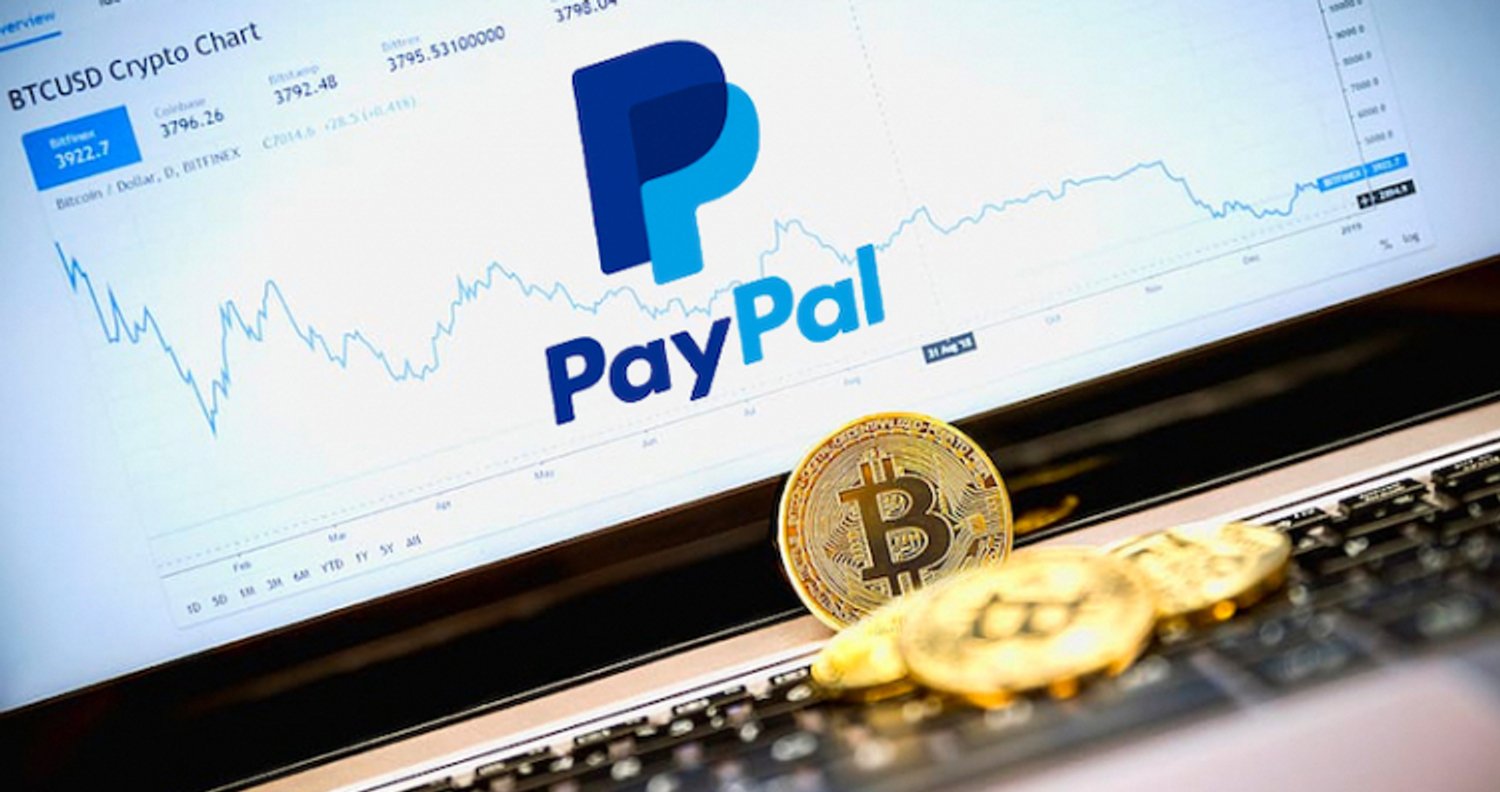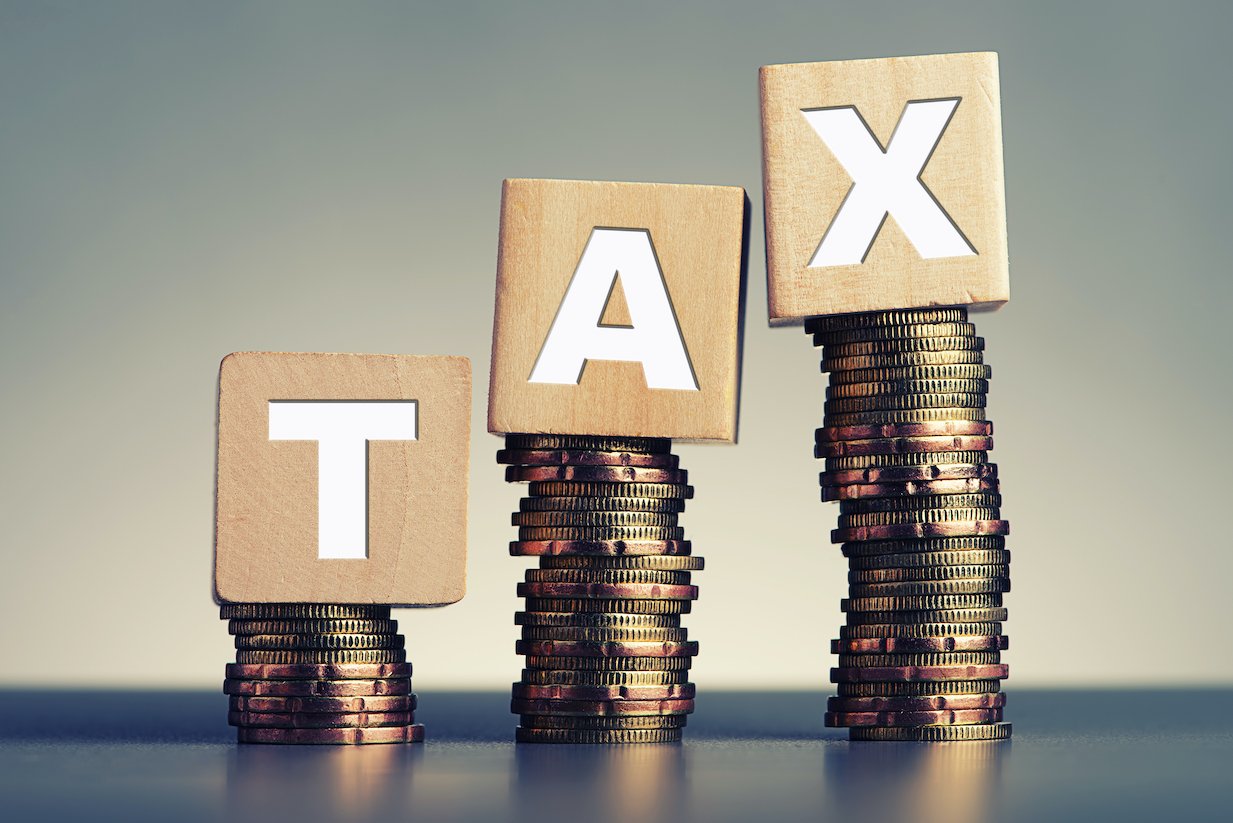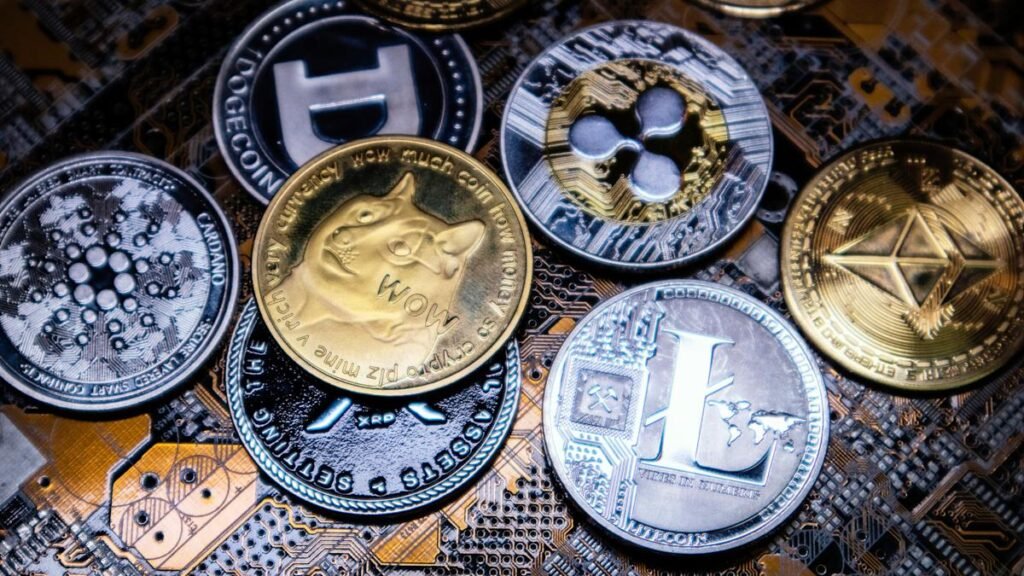The cryptocurrency landscape has evolved dramatically, making it easier than ever to Purchase Altcoins via PayPal Payment Method. As one of the world’s most trusted digital payment platforms, PayPal has opened new doors for crypto enthusiasts seeking convenient and secure ways to invest in alternative cryptocurrencies. This comprehensive guide will walk you through everything you need to know about buying altcoins with PayPal, from choosing the right platforms to understanding fees and security measures.
Altcoins, or alternative cryptocurrencies, represent any digital currency other than Bitcoin. With thousands of altcoins available in the market, including Ethereum, Cardano, Polkadot, and Chainlink, investors are increasingly looking for accessible payment methods to enter this exciting space. PayPal crypto purchases have become a popular choice due to the platform’s widespread adoption, buyer protection features, and user-friendly interface.
The integration of PayPal into the cryptocurrency ecosystem has revolutionized how people approach digital currency investment. Whether you’re a beginner looking to make your first crypto purchase or an experienced trader seeking more convenient payment options, understanding how to leverage PayPal for altcoin trading can significantly enhance your investment strategy. This guide covers everything from platform selection to advanced trading techniques, ensuring you have all the tools necessary for successful crypto investments.
Understanding Altcoins and PayPal Integration
What Are Altcoins
Altcoins encompass a vast array of cryptocurrencies that serve different purposes within the blockchain ecosystem. Unlike Bitcoin, which primarily functions as digital money, altcoins often provide specific utilities such as smart contracts, decentralized finance (DeFi) protocols, or gaming applications. Popular alternative cryptocurrencies include Ethereum (ETH), which enables smart contracts, Ripple (XRP) for cross-border payments, and Litecoin (LTC) for faster transactions.
The altcoin market has experienced tremendous growth, with many projects offering innovative solutions to real-world problems. Understanding the fundamentals of different Purchase Altcoins via PayPal Payment Method decisions. Research the project’s whitepaper, development team, use cases, and market potential to make informed choices about which digital assets align with your investment goals.
PayPal’s Role in Cryptocurrency
PayPal’s entry into the cryptocurrency market marked a significant milestone for mainstream crypto adoption. The platform now allows users to buy, hold, and sell cryptocurrencies directly through their PayPal accounts. However, it’s important to note that PayPal crypto services have certain limitations, including restrictions on transferring cryptocurrencies to external wallets and limited coin selections.
The PayPal payment method offers several advantages for crypto purchases, including instant transactions, familiar user interface, and integration with existing PayPal balances. These features make it an attractive option for newcomers to cryptocurrency investing who prefer using established financial services rather than navigating complex crypto exchanges.
Best Platforms for Buying Altcoins with PayPal
Cryptocurrency Exchanges Supporting PayPal
Several reputable crypto exchanges now accept PayPal payments, each offering different features and altcoin selections. eToro stands out as a leading platform that combines social trading features with PayPal integration, allowing users to buy cryptocurrency while learning from experienced traders. The platform offers a wide range of altcoins for investment and provides educational resources for beginners.
Coinbase, one of the most established cryptocurrency platforms, also supports PayPal deposits in many regions. The platform’s user-friendly interface and strong security measures make it an excellent choice for PayPal crypto trading. Coinbase offers a comprehensive selection of altcoins and provides detailed market analysis tools to help users make informed investment decisions.
Peer-to-Peer Trading Platforms
P2P crypto trading platforms like LocalBitcoins and Paxful offer alternative methods for purchasing altcoins with PayPal. These platforms connect buyers and sellers directly, often providing more flexible payment options and competitive rates. However, P2P trading requires additional caution regarding crypto security and seller verification.
When using P2P platforms for altcoin purchases, always verify the seller’s reputation, read reviews from previous buyers, and understand the platform’s dispute resolution process. While P2P trading can offer better rates and more privacy, it requires greater due diligence to ensure safe transactions.
Step-by-Step Guide to Purchase Altcoins via PayPal

Account Setup and Verification
Before you can buy Purchase Altcoins via PayPal Payment Method need to complete account setup and verification processes on your chosen platform. This typically involves providing personal identification documents, proof of address, and linking your PayPal account to the cryptocurrency exchange. The verification process, known as Know Your Customer (KYC), is mandatory for regulatory compliance and helps protect against fraud.
Most platforms require users to verify their PayPal accounts by completing small test transactions or confirming account ownership. This PayPal verification process ensures that you have legitimate access to the payment method and helps prevent unauthorized transactions. Allow 1-3 business days for complete verification, depending on the platform’s requirements.
Making Your First Purchase
Once your accounts are verified and linked, you can begin purchasing digital currencies. Start by researching the altcoins you’re interested in buying, considering factors such as market capitalization, recent price movements, and project fundamentals. Most platforms provide detailed coin information, including price charts, market data, and news updates to help inform your decisions.
To execute a PayPal crypto purchase, navigate to the buy/sell section of your chosen platform, select your desired altcoin, specify the purchase amount, and choose PayPal as your payment method. Review all transaction details, including fees and exchange rates, before confirming your purchase. Most transactions complete instantly, though some platforms may require additional processing time for first-time buyers.
Fees and Costs Analysis
Understanding Transaction Fees
Crypto transaction fees vary significantly between platforms and payment methods. When buying altcoins with PayPal, you’ll typically encounter several types of fees: platform trading fees, PayPal processing fees, and potentially currency conversion fees for international transactions. These cryptocurrency fees can impact your overall investment returns, making fee comparison essential when choosing platforms.
Most crypto exchanges charge trading fees ranging from 0.1% to 2% per transaction, while PayPal processing fees typically add another 2.9% to 3.4% plus fixed fees. Some platforms offer reduced fees for high-volume traders or users who hold the platform’s native tokens. Calculate total costs before making purchases to ensure you’re getting the best value for your crypto investments.
Comparing Costs Across Platforms
Different platforms offer varying fee structures for PayPal crypto transactions. While some exchanges may have lower trading fees, they might charge higher deposit fees for PayPal payments. Conversely, platforms with higher trading fees might offer free PayPal deposits or reduced fees for certain altcoins.
Create a comparison chart including all relevant costs: deposit fees, trading fees, withdrawal fees, and spread costs. Consider also the value-added services each platform provides, such as educational resources, advanced trading tools, or staking opportunities, when evaluating overall value proposition.
Security Considerations and Best Practices
Protecting Your Investments
Crypto security should be your top priority when purchasing altcoins. Enable two-factor authentication (2FA) on both your PayPal and crypto exchange accounts using authentication apps rather than SMS when possible. Use strong, unique passwords for each platform and consider using a password manager to maintain security across multiple accounts.
Be cautious of phishing attempts and always verify website URLs before entering login credentials. Legitimate cryptocurrency platforms will never ask for your password or private keys via email or phone. If you plan to hold altcoins long-term, consider transferring them to a hardware wallet for enhanced security, though note that PayPal-purchased crypto may have transfer restrictions.
Recognizing and Avoiding Scams
The crypto market attracts various scams and fraudulent schemes. Be wary of platforms promising unrealistic returns, pressure tactics for immediate investment, or requests for additional payments to “unlock” funds. Research any platform thoroughly before depositing funds, checking for proper licensing, user reviews, and regulatory compliance.
When using P2P platforms for altcoin trading, verify seller credentials and never send PayPal payments as “friends and family” transactions, which offer no buyer protection. Stick to reputable platforms with established track records and strong security measures to minimize fraud risk.
Also Read: AI Altcoins Investment Potential 2025 Guide to Top Cryptocurrency Opportunities
Tax Implications and Legal Considerations

Understanding Crypto Taxation
Cryptocurrency investments have tax implications that vary by jurisdiction. In most countries, buying altcoins creates a taxable event when you sell, trade, or use them for purchases. Keep detailed records of all transactions, including purchase dates, amounts, fees, and fair market values at the time of each transaction.
Consider using crypto tax software to track your digital currency transactions and generate necessary tax reports. The complexity of crypto taxation makes professional tax advice valuable, especially for active traders or those holding diverse altcoin portfolios. Stay informed about changing regulations that might affect your cryptocurrency investing activities.
Regulatory Compliance
Crypto regulations continue to evolve worldwide, affecting how platforms operate and what services they can offer. Some jurisdictions restrict or prohibit certain types of cryptocurrency trading, while others have embraced digital assets with clear regulatory frameworks. Ensure you comply with local laws regarding crypto purchases and reporting requirements.
Research your local regulations before engaging in altcoin investment activities. Some countries require registration for crypto trading activities, while others may limit the types of cryptocurrencies you can legally purchase or hold.
Advanced Strategies and Tips
Portfolio Diversification
Building a diversified altcoin portfolio requires careful consideration of different cryptocurrency sectors, market capitalizations, and use cases. Don’t concentrate all investments in a single altcoin or sector, as the crypto market can be highly volatile. Consider including established altcoins like Ethereum and newer projects with strong fundamentals and growth potential.
Use dollar-cost averaging (DCA) strategies to reduce the impact of market volatility on your crypto investments. Instead of making large lump-sum purchases, consider making smaller, regular purchases over time to smooth out price fluctuations and potentially improve your average entry price.
Timing Your Purchases
While timing the crypto market perfectly is impossible, understanding market cycles and trends can help optimize your altcoin purchases. Monitor market sentiment, news events, and technical analysis indicators to identify potential buying opportunities. However, avoid making emotional decisions based on short-term price movements or FOMO (fear of missing out).
Set clear investment goals and stick to your strategy regardless of market volatility. Consider using limit orders to automatically purchase altcoins at predetermined prices, helping you take advantage of market dips without constantly monitoring prices.
Future of PayPal and Cryptocurrency
Emerging Trends
The integration between traditional payment systems and cryptocurrency markets continues to evolve rapidly. PayPal is expanding its crypto services, potentially adding more altcoins and enhanced functionality like crypto transfers and improved trading features. These developments could make PayPal crypto purchases even more attractive for investors.
Watch for developments in central bank digital currencies (CBDCs), regulatory clarifications, and institutional adoption that could significantly impact the altcoin market. These trends may create new opportunities for crypto investing while potentially changing how traditional payment platforms interact with digital currencies.
Conclusion
Purchase Altcoins via PayPal Payment Method a convenient and familiar way to enter the exciting world of cryptocurrency investing. While the process involves various considerations including platform selection, fees, security measures, and regulatory compliance, the growing integration between traditional payment systems and crypto markets makes it increasingly accessible for mainstream investors.
Success in altcoin investment requires continuous learning, careful research, and disciplined risk management. Whether you’re just beginning your crypto journey or looking to expand your digital asset portfolio, using PayPal as a payment method can simplify the purchase process while maintaining the security and buyer protection features you’re accustomed to.
Remember that cryptocurrency markets are highly volatile and speculative. Only invest what you can afford to lose, diversify your investments, and stay informed about market developments and regulatory changes that could affect your holdings.

